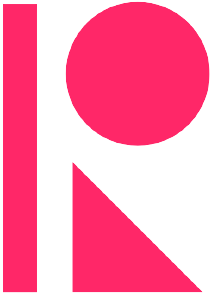These are the best quotes from Think Again by Adam Grant.
Think Again is a book on the value of uncertainty and how we may improve our ability to embrace the unknown and the pleasure of being incorrect. Data proves that creative geniuses don’t stick to one identity and are continuously open to reconsidering their positions and that leaders who confess they don’t know everything and welcome critical input lead more productive and inventive teams.
Quotes from Think Again by Adam Grant
Once we hear the story and accept it as true, we rarely bother to question it.

The curse of knowledge is that it closes our minds to what we don’t know.
Thinking again can help you generate new solutions to old problems and revisit old solutions to new problems. It’s a path to learning more from the people around you and living with fewer regrets.
Also Read: 25 Best Quotes from Radical Candor by Kim Scott
A hallmark of wisdom is knowing when it’s time to abandon some of your most treasured tools—and some of the most cherished parts of your identity.
Good judgment depends on having the skill and the will to open our minds.

Good teachers introduce new thoughts, but great teachers introduce new ways of thinking.
Strong leaders engage their critics and make themselves stronger. Weak leaders silence their critics and make themselves weaker.
Read: 20 Quotes from The Third Door by Alex Banayan
Choosing a career isn’t like finding a soul mate. It’s possible that your ideal job hasn’t even been invented yet.
If knowledge is power, knowing what we don’t know is wisdom.

We listen to views that make us feel good, instead of ideas that make us think hard.
The less intelligent we are in a particular domain, the more we seem to overestimate our actual intelligence in that domain.
Convincing other people to think again isn’t just about making a good argument—it’s about establishing that we have the right motives in doing so.
Also Read: 20 Quotes from You’re too good to feel this bad
A mark of lifelong learners is recognizing that they can learn something from everyone they meet.
Who you are should be a question of what you value, not what you believe.
Acknowledging complexity doesn’t make speakers and writers less convincing; it makes them more credible.

The risk is that once we’ve declared a routine the best, it becomes frozen in time.
The better you are at crunching numbers, the more spectacularly you fail at analyzing patterns that contradict your views.
People gain humility when they reflect on how different circumstances could have led them to different beliefs.
After all, the purpose of learning isn’t to affirm our beliefs; it’s to evolve our beliefs.

Thinking again can help you generate new solutions to old problems and revisit old solutions to new problems.




